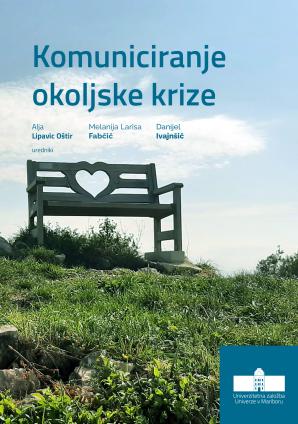Vzgoja in izobraževanje za trajnostni razvoj kot vzgoja za kritično sprejemanje trajnostnih odločitev
Synopsis
Modern Education for Sustainable Development (ESD) moves away from blind indoctrination and focuses on nurturing critically thinking individuals who become autonomous moral agents in the search for sustainable solutions. Education for environmental ethics includes knowledge of the basics of moral motivation and reflection, recognition of environmental moral dimensions and the ability to argue for environmental choices. This approach empowers individuals to design sustainable solutions, to understand different societal perspectives on the environmental crisis and to critically analyse the ideologies that underpin our beliefs. Indeed, research over the last twenty years shows that the problem of environmental non-action has less to do with a lack of information than with wilful ignorance and avoidance of information about the state of the environment. In ESD it is also important to identify typologies of doubters and deniers of the environmental crisis and to develop argumentative strategies for communicating with them, while also reflecting on our own positions and arguments.







